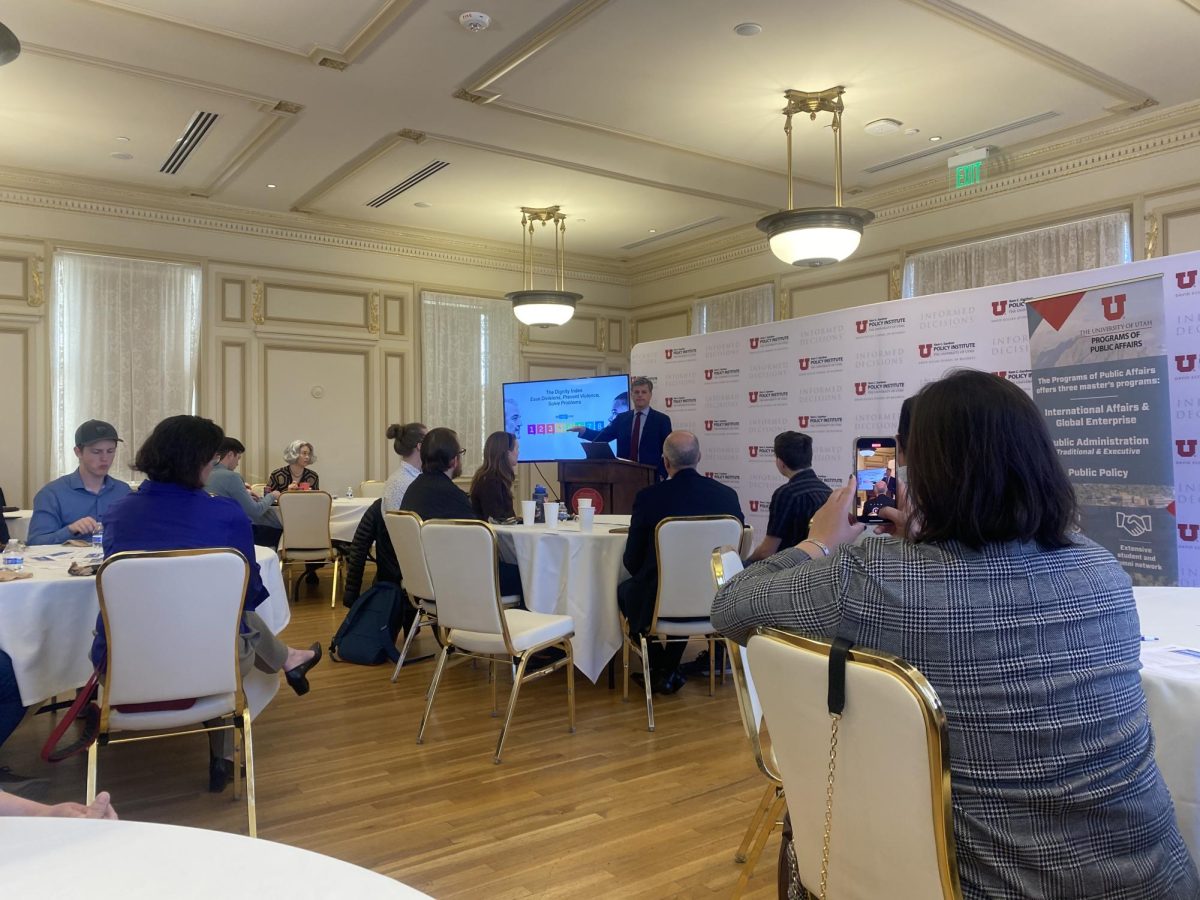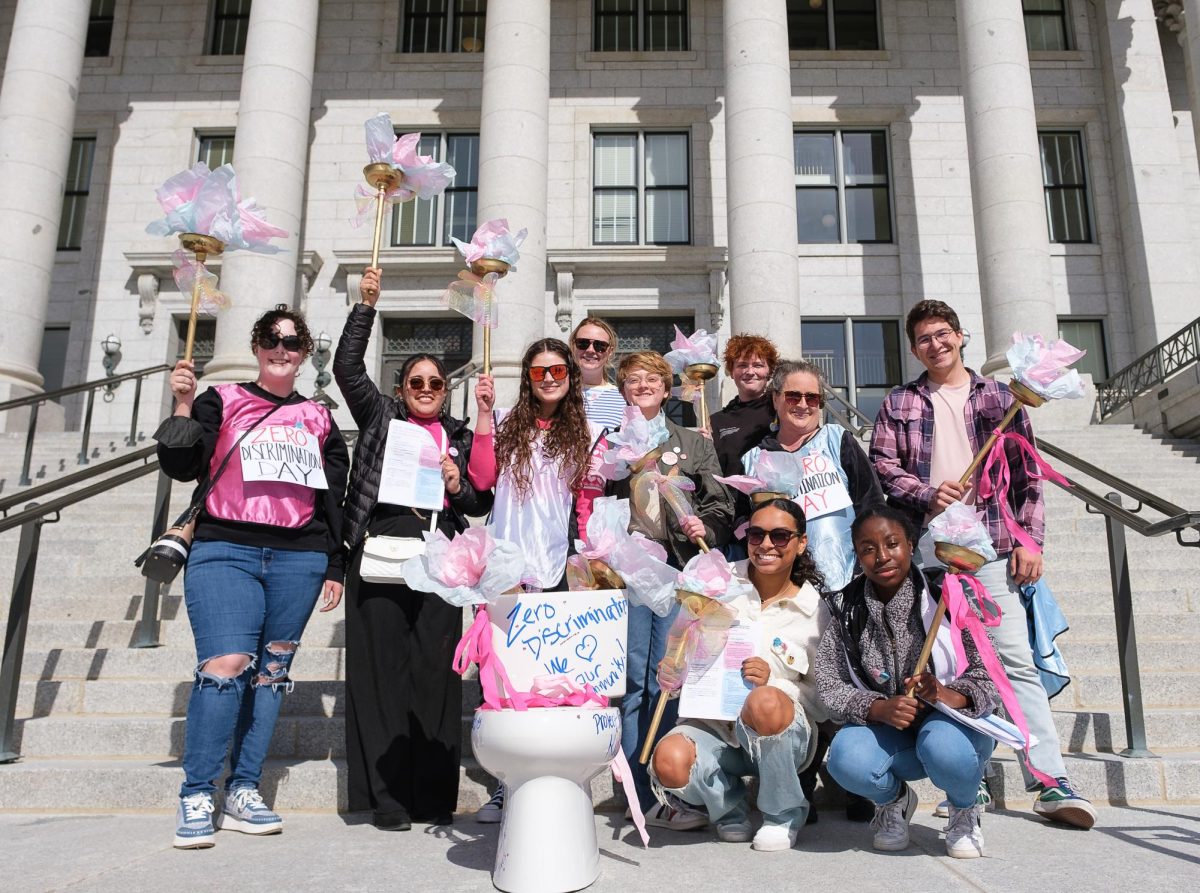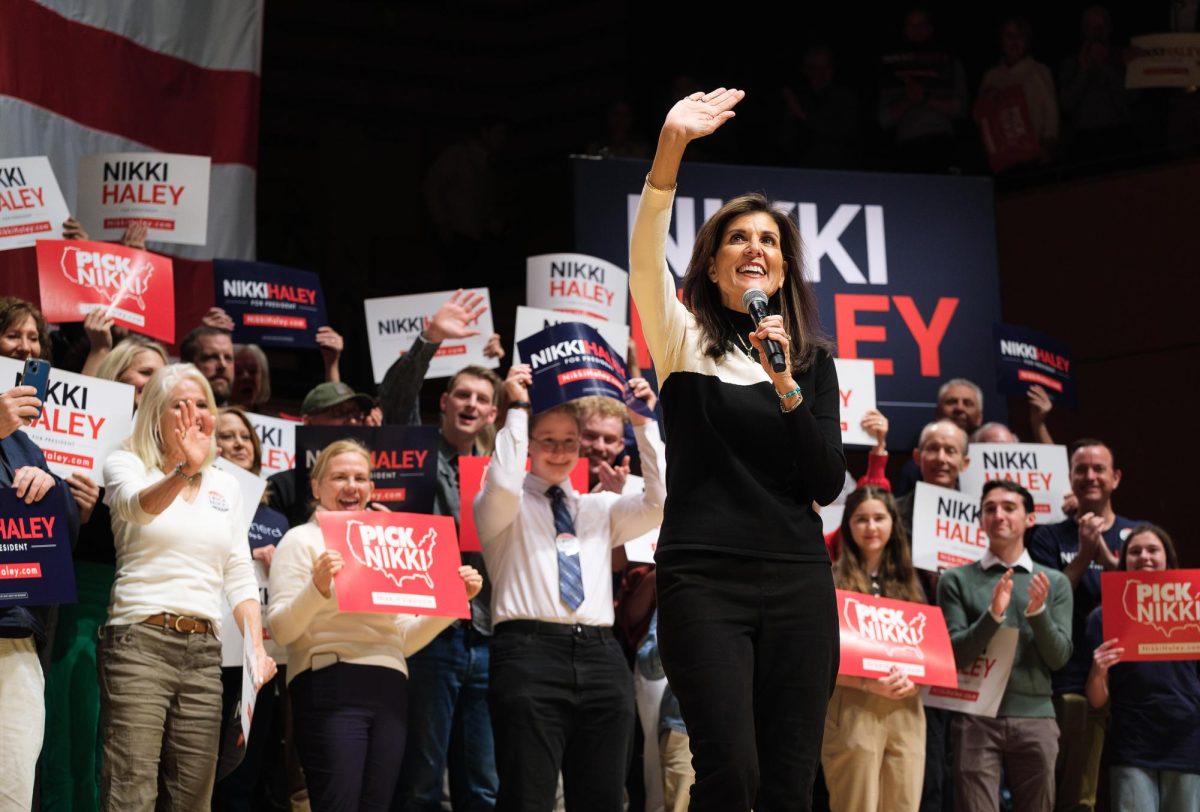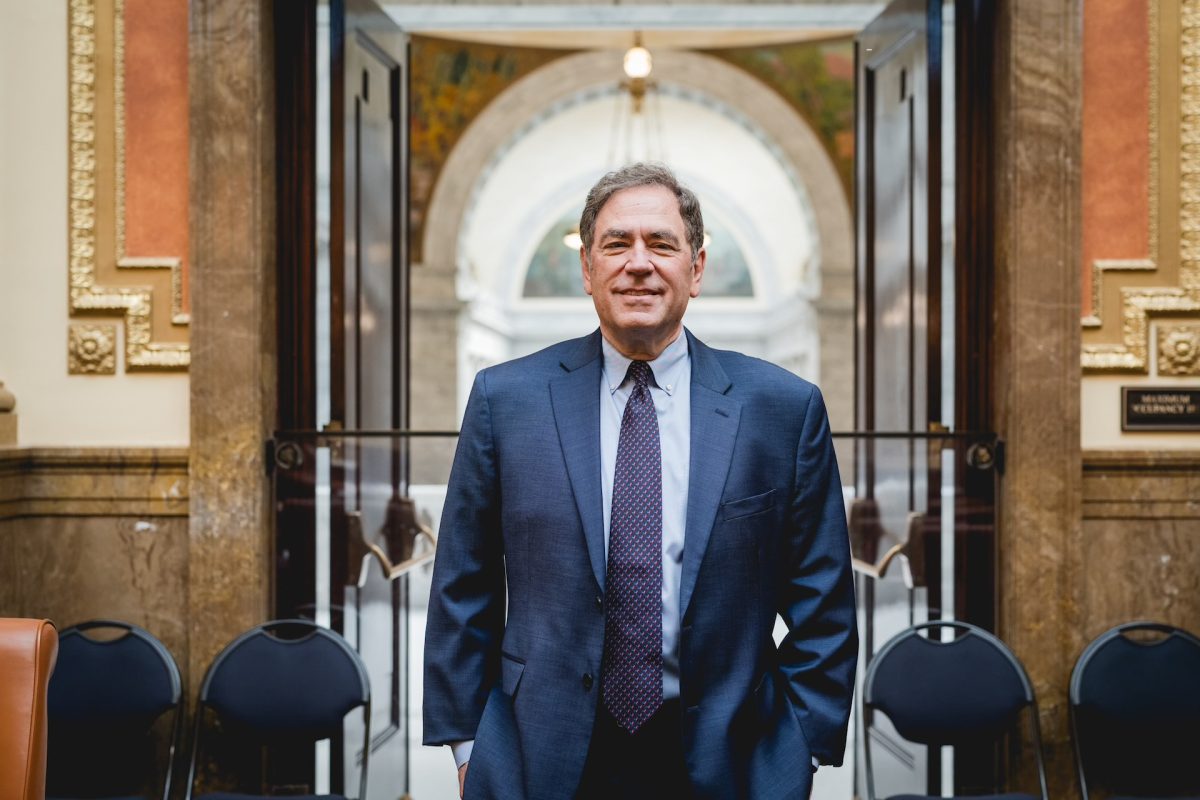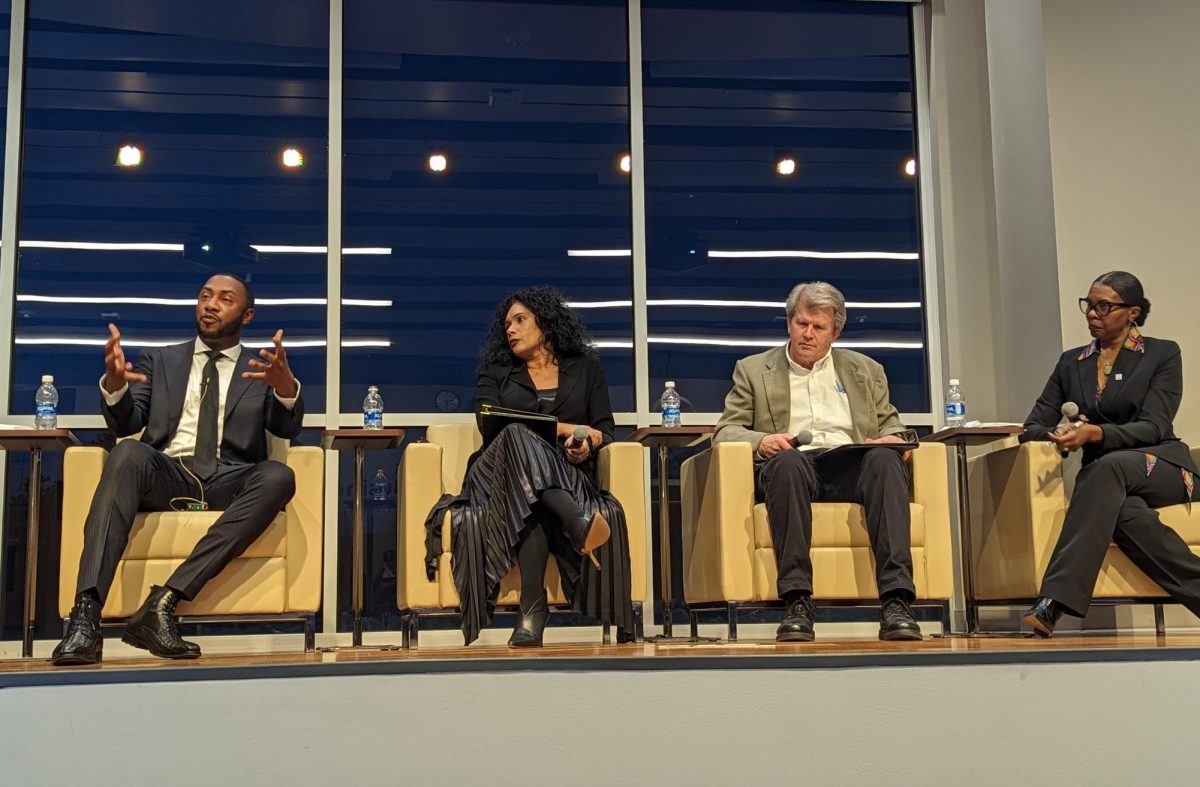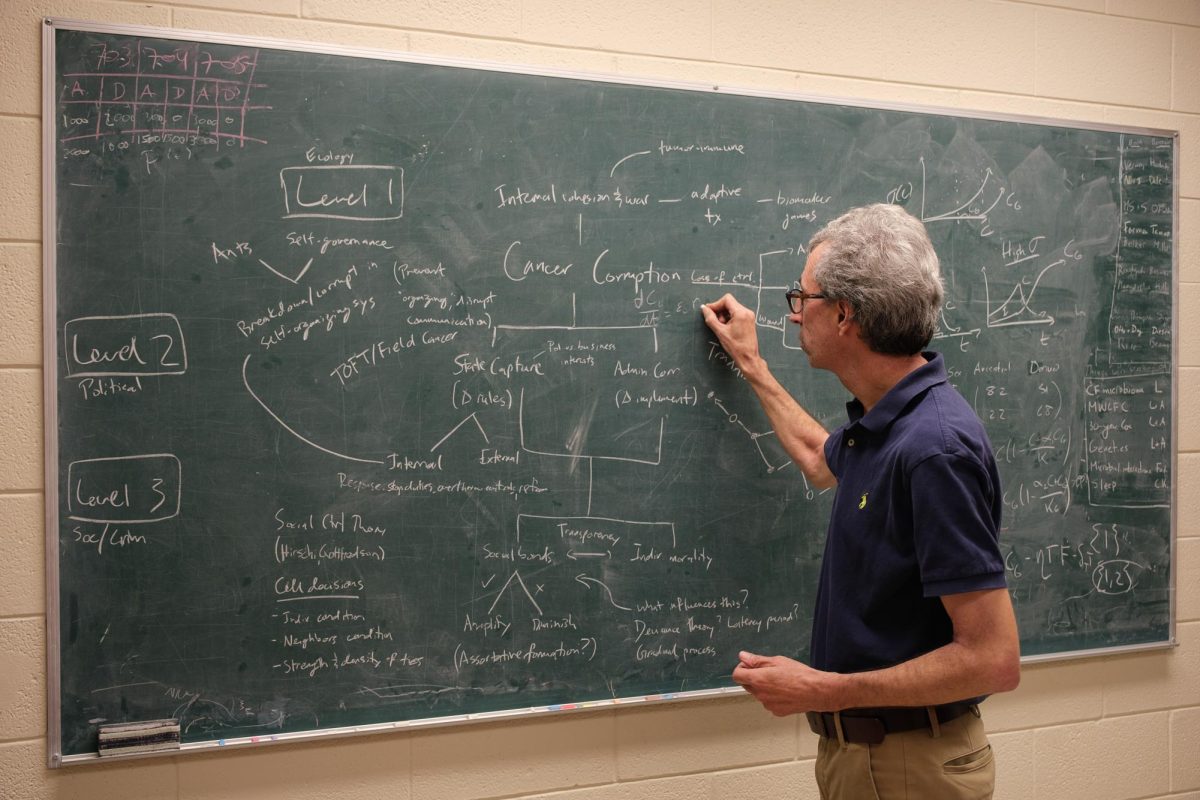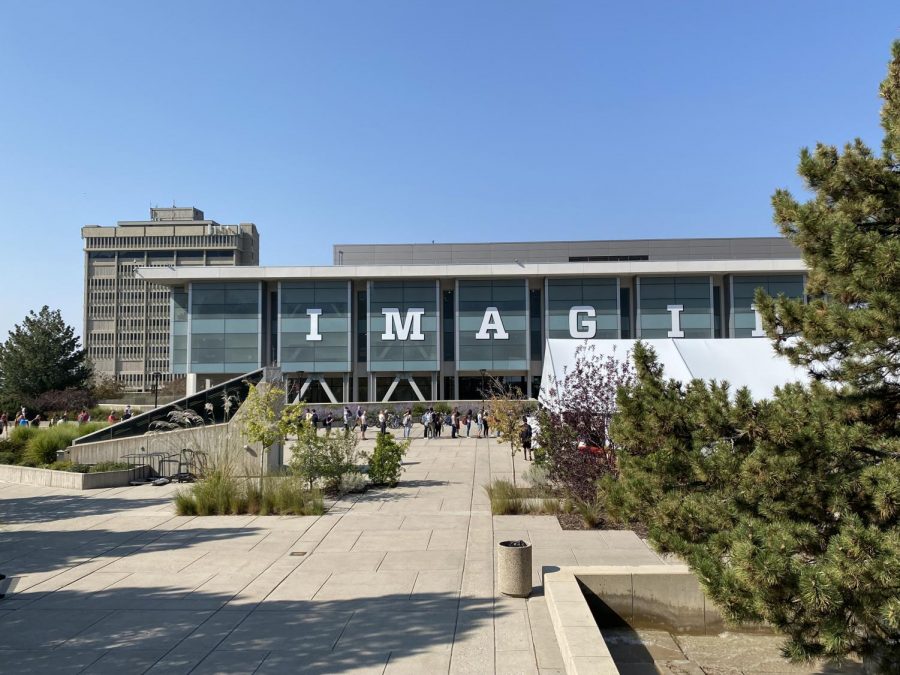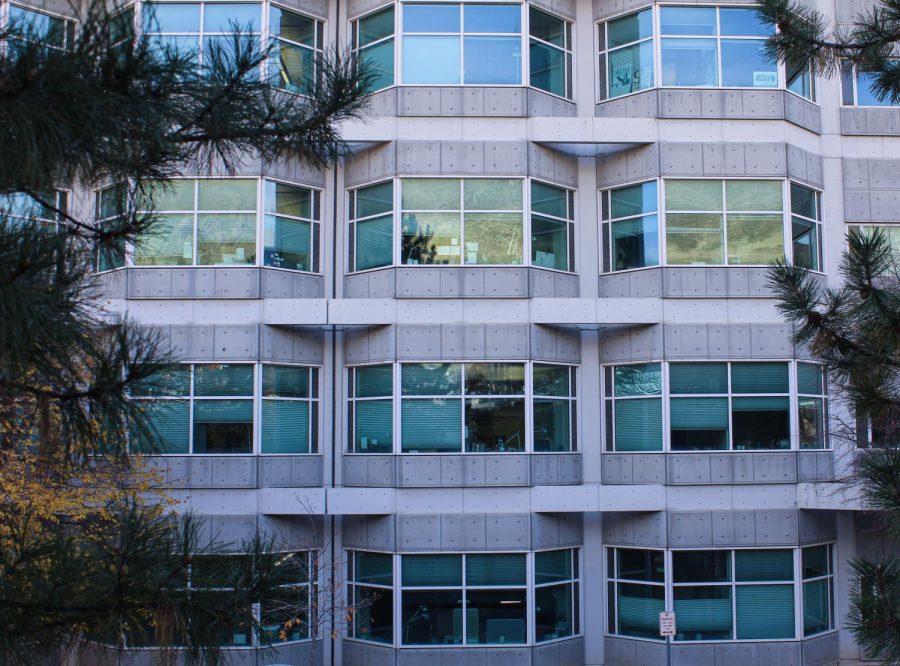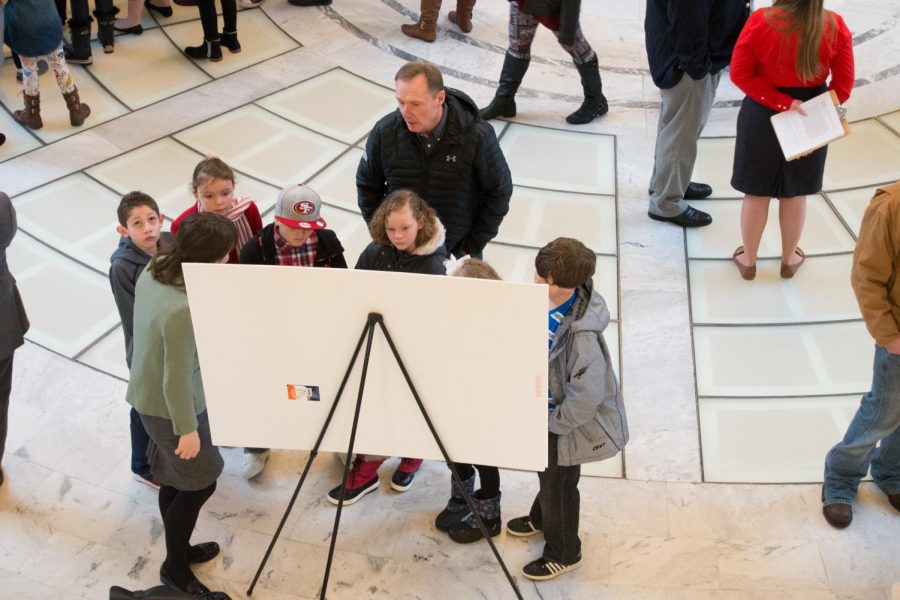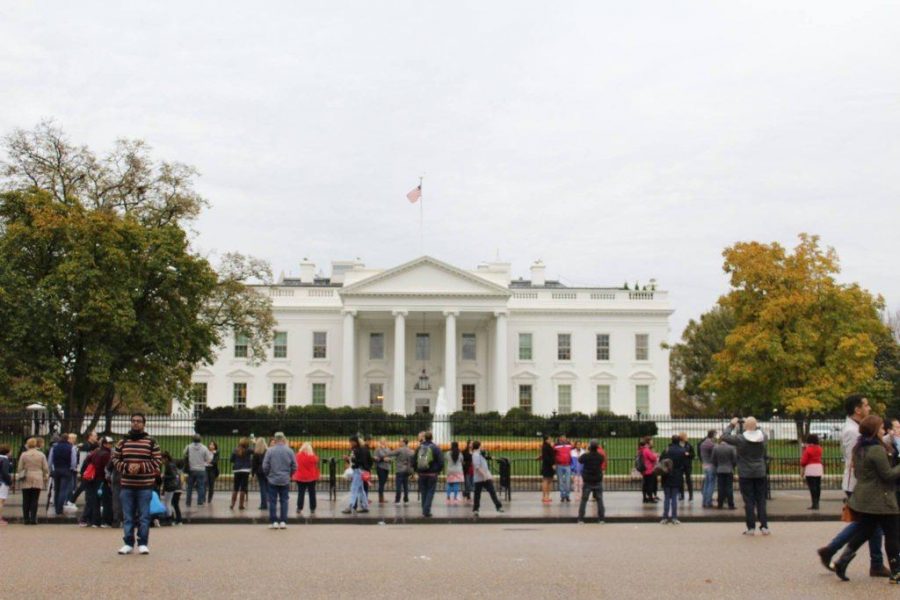Only two United States presidents have really engaged with the LGBT community, according to a study conducted by Kevin Coe, a professor of communication at the University of Utah, and graduate students Robert Bruce and Chelsea Ratcliff.
Two years ago, Coe asked students in his Content Analysis Methods course if they would like the opportunity of working on a study examining how presidents throughout history have talked about the LGBT community. Members of the class included Bruce and Ratcliff. Bruce jumped at the opportunity — it was his first semester as a graduate student at the U.
“I hate to speak for [Coe], but I think he just saw this as an opportunity to think through how another marginalized community has been talked about by presidents and I think that we all recognize that especially with the Barack Obama Administration that it was talked about differently and probably talked about more as well, so that very well in his mind could have been the genesis of this project,” Bruce said. “Like, something is happening. Let’s think about what’s happening now, but let’s also take a look back.”
The team found the first president to address the LGBT community was Gerald Ford in 1975. Ford’s only scripted mention of LGBT individuals was in the context of homosexual rape in prisons. Later discussion of the community was brought on by inquiries from the public. Once asked about civil rights for those attracted to the same sex Ford responded, “Civil rights for what?” and avoided the question.
“So a surprise was sometimes journalists or those citizens actually drove the president to then answer the question and to think about it, so I think it’s just a really interesting and good example of how democracy works,” Bruce said. “It’s not just the president speaking to us, but it’s citizens and journalists and the media engaging the president on a certain topic.”
During their two years of research, Coe, Bruce and Ratcliff found that Bill Clinton made 27 percent of presidential mentions while Obama made 71 percent. The study attributes the statistic partially to policy.
“One of the things that we recognized in our research was that oftentimes, policy drives the ways in which the presidents were talking about the community,” Bruce said. “So with Clinton, he was trying to put forward hate crime legislation after the murder of Matthew Shepard. The policy was hate crime, so that drove a lot of his talk about it. The incorporation of ‘don’t ask, don’t tell,’ [was] also driving a lot of his discourse. Same thing with Obama — on same-sex marriage, also talking about ‘don’t ask, don’t tell,’ in terms of its repeal, so policy was driving those things.”
As far as the current administration goes, the team predicts that mentions of the LGBT community will be low.
“Based on our research, and it can be dangerous if you think about using that research to predict the future and again caveat that may not always by the case, but we can think about this again in terms of party lines,” Bruce said. “So with [President Donald Trump] being a Republican and only mentioning the community one time in six months, what we could expect is that he’s not going to talk about the community very much.”
This prediction may change as discussion continues surrounding Trump’s desire to ban transgender individuals from serving in the military.
“So if [Trump’s tweets] became or become more of a policy for him, that could drive more of his rhetoric,” Bruce said. “So just thinking about how policy has often driven the ways in which presidents have talked about and engaged the community we’d have to look for some type of policies perhaps under his administration to think about how he might talk about the community more.”
The research primarily focused on the LGBT community, but the research team hopes their findings will be applied to other minority groups.
“What we’re hoping we’re offering is a framework to think about how presidents engage, talk about either through support or opposition for marginalized communities in general, so not just based on sexuality, gender, gender expression, but potentially race, ethnicity [and] immigration status going forward,” Bruce said. “So using the study as a way to think about how presidents again talk about the community, how much of a presence do they have in their discourse? How are they talking about them? We were thinking about this in the terms of humanizing the community so talking about them as people or using specific examples of these individuals. Also, including that community in what it means to be an American or being part of the American family.”
@kenzomcd









